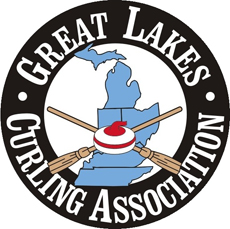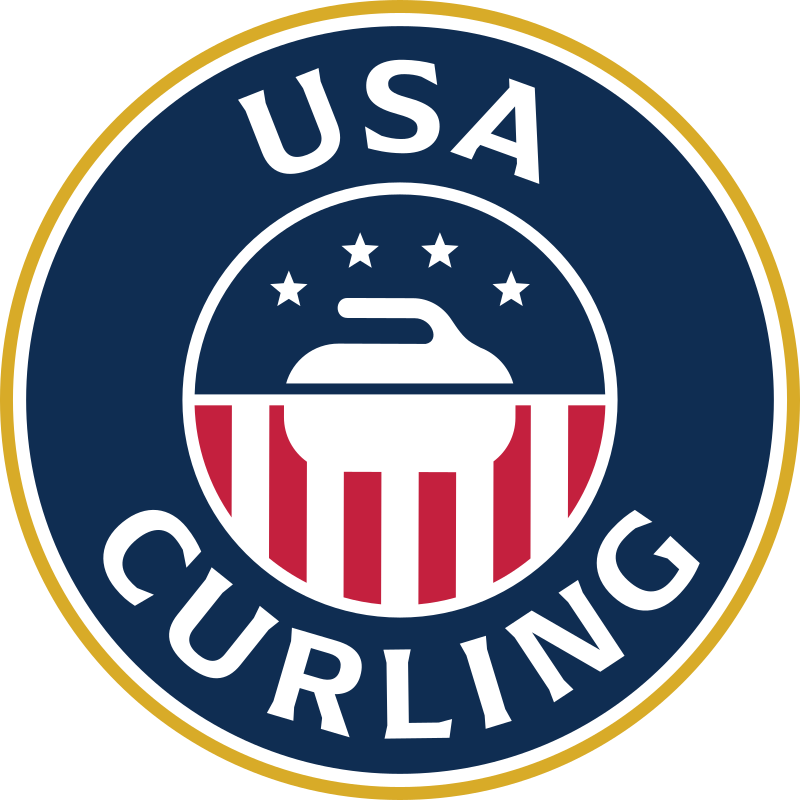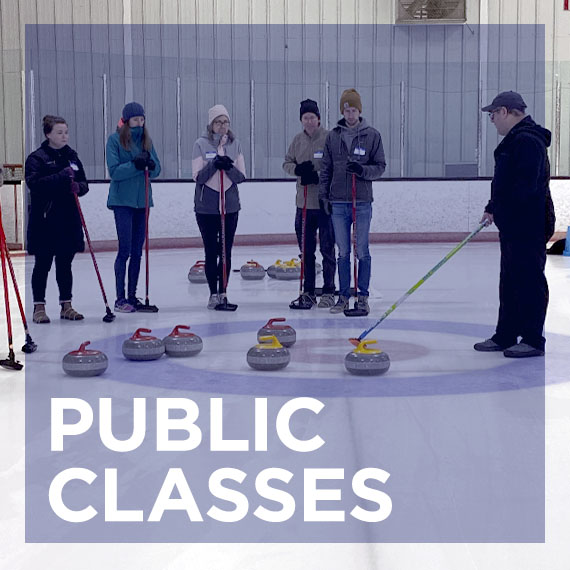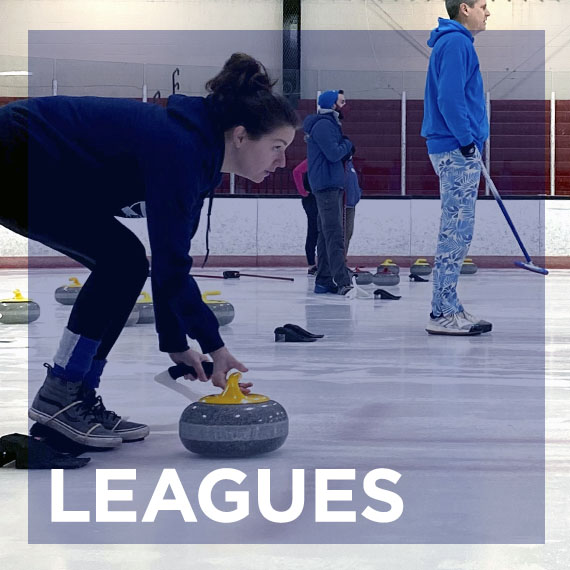You are using an older unsupported web browser. If you run into problems registering through this application, please update your browser to a more recent and secure version before submitting a support request. Latest Internet Explorer », Chrome », Firefox ».


The 2023-2024 Season is happening now!
Our Mission
The Grand Rapids Curling Club is dedicated to the mission of teaching, developing, and promoting the sport of curling in West Michigan for individuals of all ages and abilities









